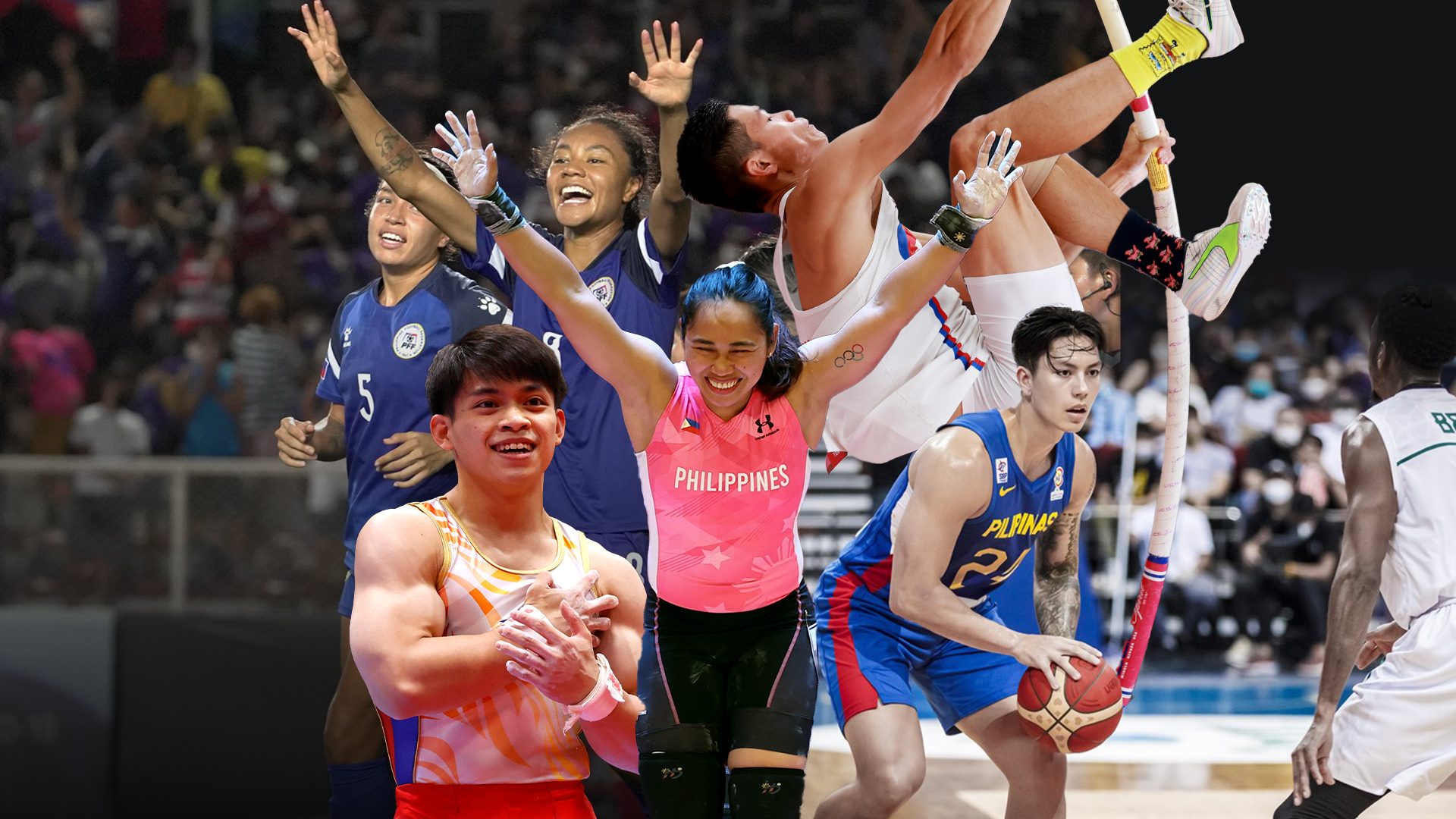SUMMARY
This is AI generated summarization, which may have errors. For context, always refer to the full article.

MANILA, Philippines – Last January 26, the usual ebb and flow of Philippine sports was disrupted by a particularly concerning notice from the World Anti-Doping Agency (WADA), saying that the country is in danger of getting banned in international competitions due to alleged noncompliance.
Less than two months since the call-out, the agency cleared the Philippines of all issues after urgent cooperation among concerned government agencies, namely the Philippine National Anti-Doping Organization (PHI-NADO), the Philippine Sports Commission (PSC), and even the Office of the President.
Although the ban threat is now over and measures are already being made to maintain WADA compliance, it is still important for the public to know why adherence to its guidelines is important, why its ban threat was a major concern, and what measures are being done today to satisfy the agency.
What is WADA and why do countries have to follow it?
Per its website, WADA was created in 1999 mainly through efforts of the International Olympic Committee (IOC) as a response to a massive doping scandal that marred the 1998 Tour de France cycling event, earning it the dubious nickname “Tour de Farce.”
Today, with support from world governments and other public and private organizations, WADA monitors and promotes the enforcement of the World Anti-Doping Code and holds extensive powers.
In the spirit of preserving clean competition, WADA may ban individual violators or suspend entire countries’ athletes if deemed necessary, and conversely may reinstate erring entities who have cleaned up their acts. As of today, the agency has one country-wide ban (Angola) in force.
What did the Philippines do to gain WADA’s clearance?
After being flagged by WADA due to a 2016 positive doping result that PHI-NADO did properly cascade down to the violating athlete, the PSC stressed the need for the local agency to have more funding that, in turn, translates to more manpower and thus, more independent enforcement capabilities.
PHI-NADO gaining more independence in its activities ensures that the Philippines is abiding by WADA Code Article 20.5.1, which states that local anti-doping organizations need “to be independent in their operational decisions and activities from sport and government.”
Additionally, the PSC and PHI-NADO ensured WADA that legislation is underway to help fast-track the implementation of better anti-doping measures, which were eventually discussed in Congress last April 16.
What important provisions are included in the Anti-Doping in Sports Act (House Bill 7927)?
Also last April 16, the House Committee on Youth and Sports Development approved House Bill 7927 or the Anti-Doping in Sports Act. This is the first step in empowering PHI-NADO through lawful acknowledgement of its existence and clear definitions of its power scope, duties, and functions.
Notable sections in the 12-page bill include:
- Tapping PHI-NADO as the “only organization permitted to carry out anti-doping activities in the Philippines” such as monitoring athletes and carrying out drug tests
- Imposing PHI-NADO’s authority on “all national sports associations, athletes, and athlete support personnel in the country”
- Mandating PHI-NADO to set out “the procedure for adopting testing methods, establishment of Registered Testing Pools, sample collection, accreditation of testing laboratories, standards to be maintained by testing laboratories based on the Code of International Standards”
- Specifying conditions to trigger athletes’ suspensions and reinstatement
- Promoting awareness of the WADA Code and educating athletes on the severity of having anti-doping violations
- Creating a PHI-NADO board composed of the PSC chairperson as agency head, the Philippine Olympic Committee president, the Games and Amusements Board president, secretaries from the Department of Health, Department of Education, and Commission on Higher Education, and three representatives “distinguished in the field of law, sports medicine, and sports science.”
Once the bill hurdles the Senate and the Office of the President, PHI-NADO will finally have legal backing and its actions, if constantly enforced, will satisfy the WADA Code, particularly the aforementioned Article 20.5 (Roles and Responsibilities of National Anti-Doping Organizations). – Rappler.com
Add a comment
How does this make you feel?




There are no comments yet. Add your comment to start the conversation.